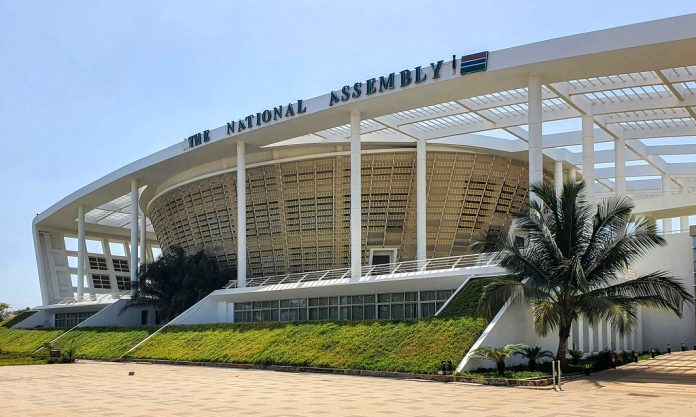By Kebba AF Touray
The Gambia’s National Assembly has passed a landmark bill that requires the president to consult the Public Service Commission before appointing the Executive Director of the country’s new National Research and Innovation Fund — a provision intended to strengthen transparency and oversight in public appointments.
Passed during the Assembly’s first ordinary session of 2025 on March 28, the National Research and Innovation Fund Bill, 2024 outlines a framework for the management of a state-funded body aimed at boosting research, innovation, and technology-driven entrepreneurship across the country. The bill now awaits presidential assent to become law.
At the heart of the legislation is Clause 6, which stipulates that the president must consult both the fund’s board and the Public Service Commission (PSC) before appointing an executive director — the individual who will serve as the chief executive officer of the Fund.
“The President shall appoint the Executive Director of the Fund after consultation with the Board and Public Service Commission,” the bill reads. The director, once appointed, will serve under conditions set out in the letter of appointment, subject to the Act and other existing laws.
To qualify for the role, an individual must be a Gambian citizen with at least ten years of professional experience and no criminal conviction for fraud or dishonesty. A relevant academic or professional qualification is also mandatory.
The new Fund, if signed into law, will serve as a financial backbone for innovation in post-secondary and technical education. According to Clause 4, its objectives include supporting research and development, including initiatives within the TVET (Technical and Vocational Education and Training) sector, and providing funding to tech hubs, start-ups, and micro- to medium-sized enterprises engaged in innovation.
In addition, the bill obliges the Board — the governing body of the Fund — to consult the PSC when appointing other staff members, reinforcing a standard of merit-based public hiring.
The passage of this bill comes amid broader debates in The Gambia about good governance, public service accountability, and the role of state institutions in catalyzing economic development. The requirement for presidential consultation with the PSC is viewed by some as a modest yet significant step toward institutional transparency.
The Executive Director will also hold the authority to authenticate the fund’s official seal and delegate that authority in writing, further solidifying the role’s operational and symbolic significance.



















